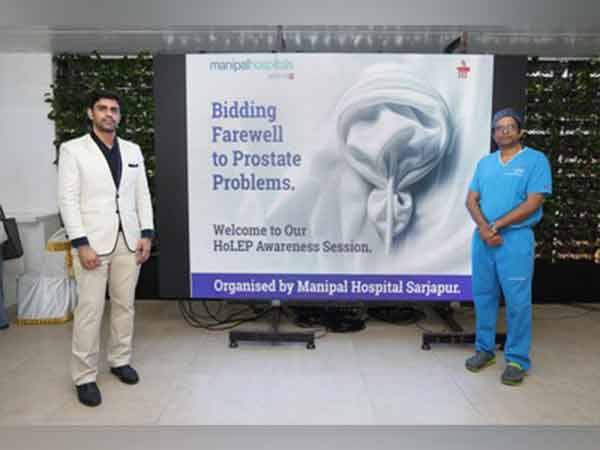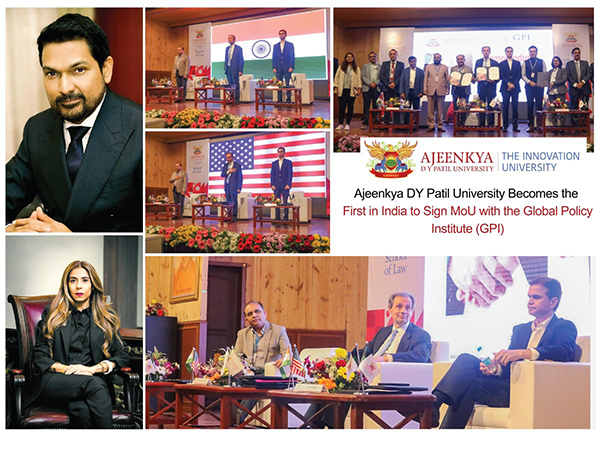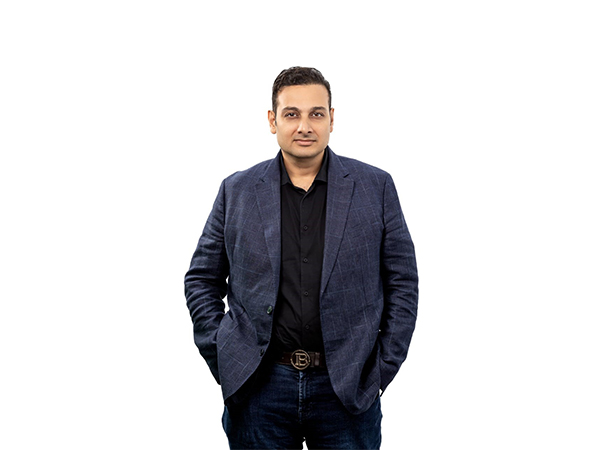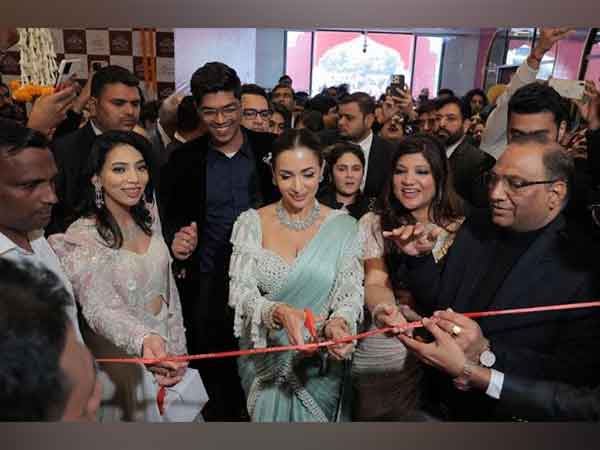My struggle to keep family safe while covering the war
Apr 29, 2024
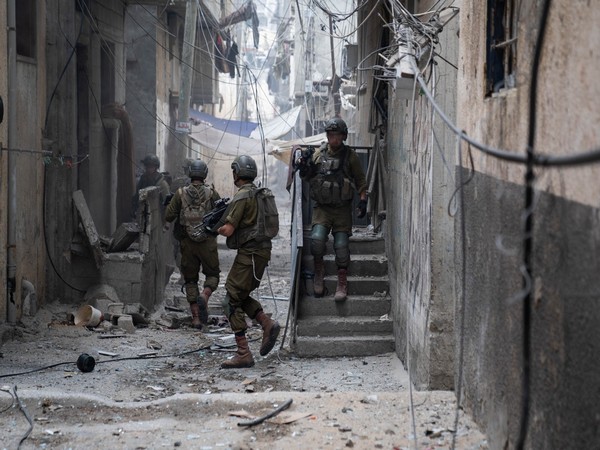
Gaza [Palestine], April 29: One of the worst moments of the past six months was the night we all slept on the street. I looked at the faces of my wife and children, huddled in the bitter cold in Khan Younis in southern Gaza, and felt helpless.
My 19-year-old twins, Zakia and Batoul, lay on the pavement alongside my daughter, Yumna, who is 14, my son Mohamed, who is eight and my youngest girl, Razan, aged five, with their mother, Zaynab.
As we tried to rest outside the Palestinian Red Crescent Society's headquarters, the sounds of shelling echoed through the night and drones buzzed overhead.
We had managed to find an apartment to rent, but the landlord had called earlier that day, saying the Israeli military had warned him the building would be bombed. I was working then, but my family grabbed their bags and fled.
We met at the Red Crescent headquarters, which was already overflowing with displaced people.
My brother and I sat on cardboard boxes all night, discussing what to do.
Eventually, my family moved to an apartment in Nuseirat in central Gaza, while I stayed with the BBC team in a tent at Nasser hospital in Khan Younis. I visited every few days.
Communication was difficult, with internet and phone signals sometimes cut. Once I did not hear from my family for four or five days.
During this time my friend, Al Jazeera bureau chief Wael Al-Dahdouh, suffered a terrible loss.
The house his family had been staying in was hit by an Israeli air strike. His wife, teenage son, seven-year-old daughter and one-year-old grandson were killed.
The Israeli military says it takes "feasible precautions" to reduce civilian casualties, and in this case, had "targeted Hamas terrorist infrastructure in the area".
At 06:15 on 7 October, I was woken by loud explosions and my children screaming. I went up to the rooftop and saw rockets being launched towards Israel from Gaza.
When we realised Hamas had breached the fence into Israel - in its assault that saw about 1,200 people killed and 250 taken hostage - we knew the response from Israel would be like nothing we had seen before.
More than 34,000 people have now been killed in Gaza, according to the Hamas-run health ministry. The risk of injury and death has been ever-present.
Two days into the war, I hurried to our local market in Jabalia, to stock up with food. It was busy with others doing the same.
But the area was bombed heavily just 10 minutes after I left. The entire place was destroyed, including the large grocery store where I had shopped moments earlier.
Amnesty International says at least 69 people were killed in the attack and that it should be investigated as a war crime.
The Israeli military has not responded to the BBC's question about this incident.
Throughout the war, it has said its operation is targeting Hamas, which it says operates from civilian locations.
It also says "Strikes on military targets are subject to relevant provisions of international law".
Before the war, Jabalia was a beautiful, tranquil town. I was born there and had been living a simple, contented life with my family, filled with love and plans for the future.
I had a farm east of the town, where I had planted olive, lemon, and orange trees with my own hands. It was peaceful and I loved to drink tea there after work.
With more than 10 people crammed into one car, my family and I crawled our way south, along a single road, with tens of thousands of other people, on foot and in vehicles, all loaded with belongings.
The journey was punctuated by air strikes on nearby areas on both sides of the road. Confusion, grief and uncertainty marked the faces of my family and the crowds.
More than 100 journalists have been killed in Gaza since 7 October, according to Reporters Without Borders - the vast majority are known to be Palestinian.
The IDF says it "has never, and will never, deliberately target journalists".
It says it "takes all operationally feasible measures to mitigate harm to civilians including journalists", but "remaining in an active combat zone has inherent risks".
Eventually, the news came that the BBC team's families had permission to leave Gaza. Four weeks later, we too finally left through the Rafah crossing, facilitated by the Egyptian authorities.
I am writing this in Qatar. But I know that in Jabalia, they have been pulling up grass and grinding animal feed to eat, while I'm here having meals in a clean hotel. I find it hard to eat - it's like eating poison.
Source: Fijian Broadcasting Corporation


